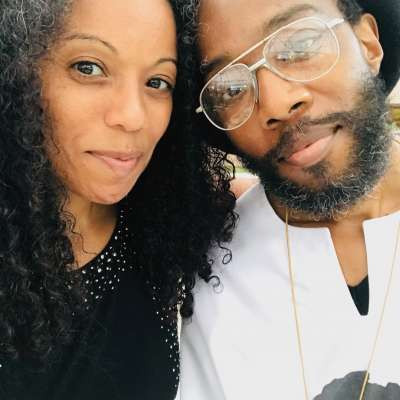Dismantling Barriers That Hold Black STEM Faculty Back | 2021
Recently, Lola Eniola-Adefeso and colleagues published a commentary in Cell describing the systemic inequities in research funding through the NIH, which have created a barrier to the success of Black scientists. By funding applications from Black investigators at approximately half the rate of similarly trained white investigators, the NIH has created a burden on Black scientists that leads some to abandon academia, and slows or blocks promotion of others, limiting their scientific achievement and career trajectory.
In this webinar, Eniola-Adefeso shares her personal journey through academia and the set of recommendations offered in the article for NIH policies to eliminate the funding disparity, as well as action items for fellow scientists, the private sector, and academia to overcome the racism that is endemic in the sciences.
0:01 Introduction by Pat Stayton
7:08 Lola Eniola-Adefeso Begins Presentation
1:15:50 Q&A
This event was moderated by Pat Stayton, PhD, Director, Molecular Engineering and Sciences Institute, University of Washington
About the Speaker:
Lola Eniola-Adefeso is the University Diversity and Social Transformation Professor in the Department of Chemical Engineering at the University of Michigan, as well as a Miller Scholar and Vice Chair for Graduate Studies at the University of Michigan. She is also the co-founder of Asalyxa Bio, which is developing an innate immune cell targeting platform to treat inflammatory diseases.
This event was held as part of our series Amplified: Race and Reality in STEM on February 22, 2021. Amplified: Race and Reality in STEM aims to give a national platform to speakers to have candid conversations around race and diversity in the STEM fields. Launched in 2020 as part of Gladstone’s commitment to diversity, equity, and inclusion, this series is hosted in partnership with Georgia Tech, the Molecular Engineering & Sciences Institute at University of Washington, and The University of Texas at Austin. We hope these discussions spark change throughout the sciences.





















